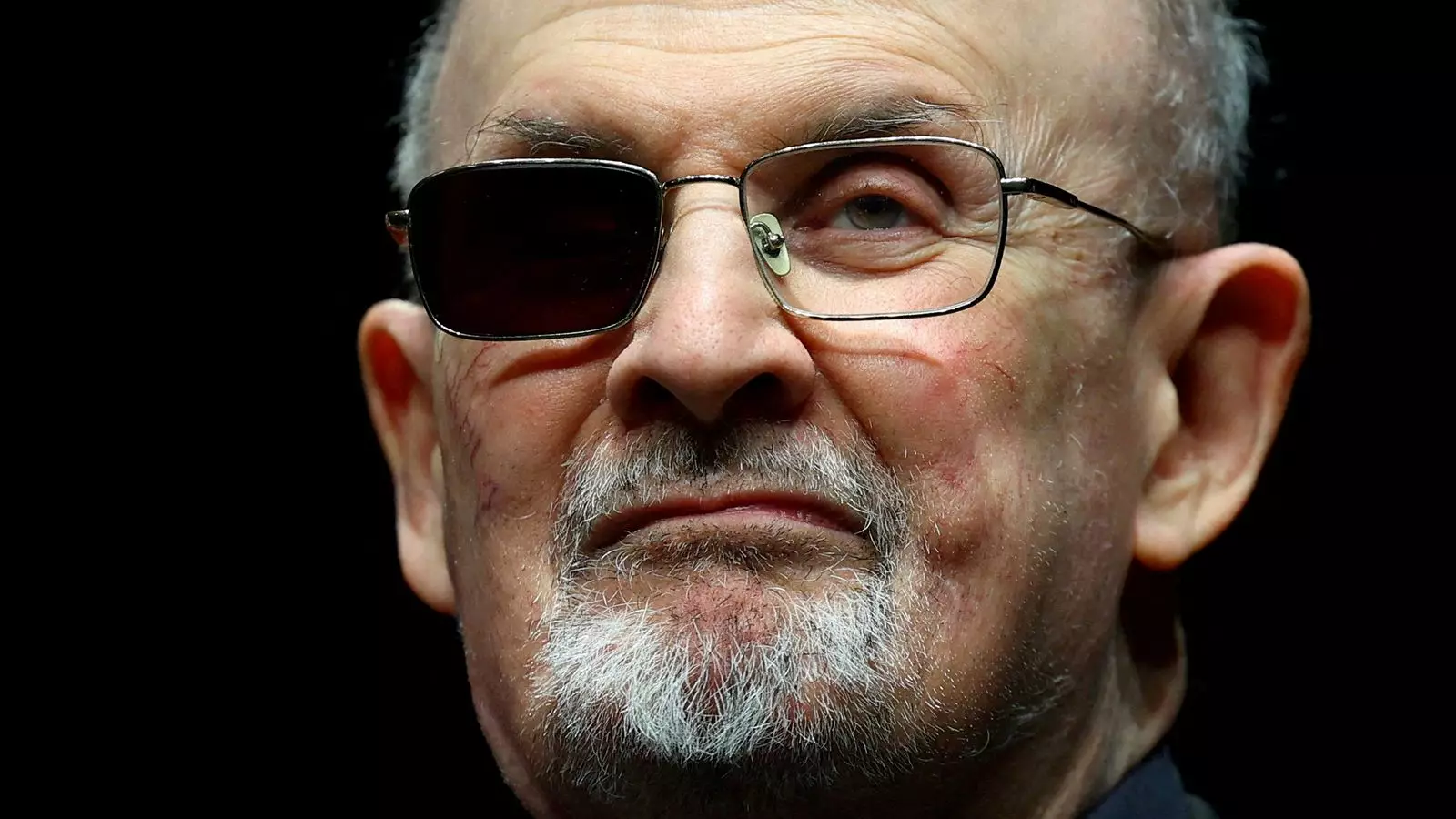The recent conviction of Hadi Matar for the attempted murder of author Sir Salman Rushdie serves as a sobering case study in the complexities of freedom of expression, personal safety, and the fraught intersections of literature and politics. Rushdie, a prominent British-American writer, has long been a target for extremists since the publication of his 1988 novel, *The Satanic Verses*. His work, which sparked outrage in parts of the Muslim world, rendered him an emblematic figure in debates over censorship and the limits of artistic expression. Matar’s violent attack on Rushdie at a literary event in New York highlights not only the personal risks faced by artists and thinkers but also the broader societal implications of unchecked aggression.
The Incident and Its Immediate Aftermath
On August 12, 2022, Hadi Matar plunged a knife into Rushdie multiple times, leaving the author with life-altering injuries, including the loss of vision in one eye and significant damage to his hands. Matar’s motivations, while speculated upon during the trial, shift the legal narrative from mere assault to deeper questions surrounding ideologies and loyalties, particularly concerning extremist beliefs. Unlike typical cases of personal betrayal or random violence, Matar’s actions appeared to stem from a calculated desire to silence a voice that has long challenged radical narratives. The chilling scene, played out before a shocked audience, serves as a stark reminder of the lengths some individuals will go to in order to impose their beliefs on others.
During Matar’s trial, footage of the attack emphasized its unprovoked nature. Prosecutors effectively argued that the assailant targeted Rushdie specifically, embodying a broader culture of intolerance that aggresses against free expression in literature and art. The absence of a visible reaction from Matar upon hearing the guilty verdict raises questions about his underlying beliefs and attachment to the actions he undertook. In contrast, the victim’s testimony illuminated the deep and personal scars that violence inflicts—not just physically, but psychologically as well.
Rushdie’s chilling recounting of the attack emphasized his feelings of impending death, thrusting the courtroom audience into the reality of his trauma. This acknowledgment of fear and vulnerability in the face of brutality serves as a potent reminder of the human cost associated with divisive cultural conversations that transcend borders. Given his storied past of hiding from threats, Rushdie’s willingness to confront his assailant publicly reflects remarkable courage, albeit tainted with the knowledge of a society still grappling with violence.
Matar’s case is not merely a singular act of violence but is emblematic of a larger wave of ideological extremism that has plagued various societies. His peaceful dismissal of the verdict with a muttered statement linking his actions to a political cause underscores how personal motivations can intertwine with extremist ideologies, complicating legal definitions of terrorism and intent. The implications of Matar’s individual actions are profound, as they feed into a narrative that perpetuates a cycle of fear and retaliation, especially within literary circles.
Moreover, Matar’s additional charges of providing material support to Hezbollah highlight a transnational component of his motivations, where local crimes become interwoven with global conflicts. This facet raises questions about how nations approach the intersection of crime and politics and the potential for collateral damage in the lives of innocents when ideologies clash. The complexities stemming from such scenarios challenge legal systems, forcing judges and juries to navigate not only the facts of a case but also the contextual motivations driven by a tumultuous world.
As the sentencing date for Hadi Matar approaches, it offers an opportunity for society to reflect on the implications of violence against free speech advocates like Salman Rushdie. The conviction serves as a necessary step toward accountability but also as a poignant reminder of the ongoing struggles faced by artists and intellectuals worldwide. Vigilance is essential—not only in legal frameworks but also in fostering environments that stimulate thoughtful discourse rather than violence. As custodians of free expression, we must work collectively to resist the forces that seek to silence divergent voices through brute force, ensuring that history does not repeat itself in cycles of fear and oppression.

